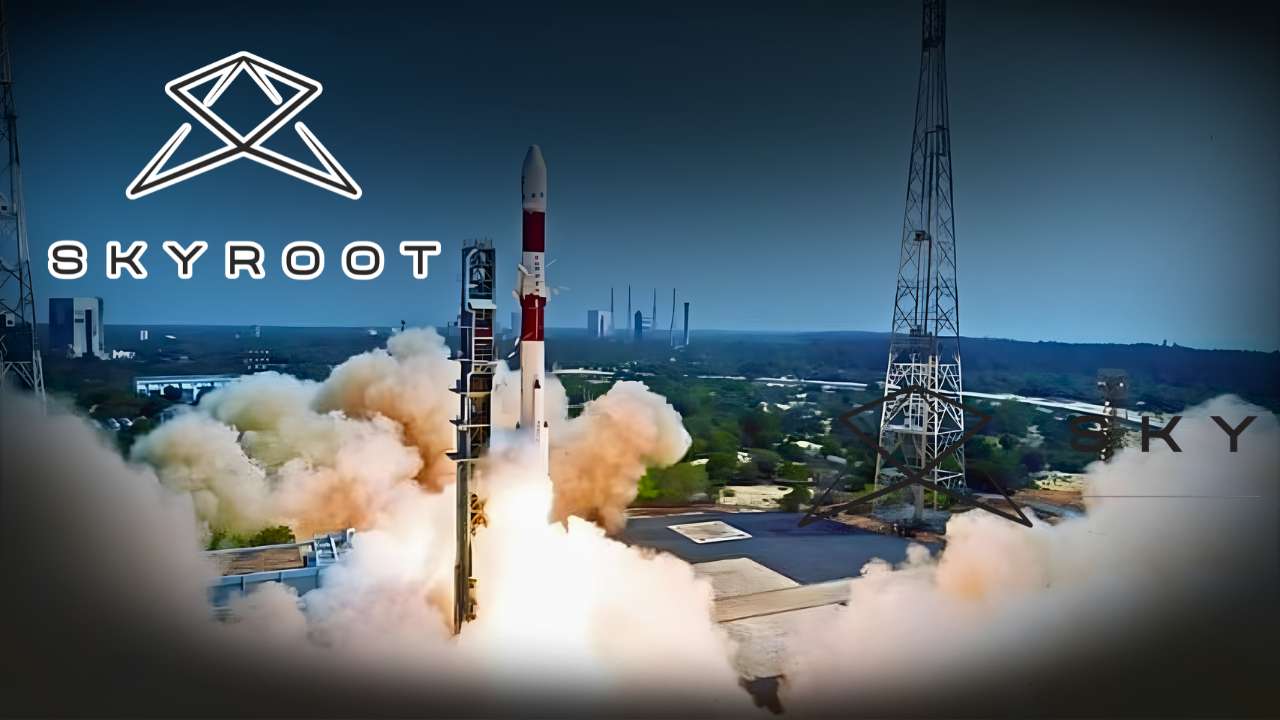India is preparing for a landmark moment in its space journey as Skyroot Aerospace gets ready to unveil Vikram-I, the country’s first privately built orbital rocket. The announcement has created excitement across the tech and space community because it marks a major shift from government-led missions to a future where private players can also build, test and launch advanced space vehicles. This achievement reflects the growing confidence, capabilities and ambition of India’s new-age space startups.
Vikram-I Takes India’s Private Space Efforts to the Next Level
Vikram-I represents a major advancement for India’s emerging commercial space sector. Unlike sub-orbital rockets that only travel to the edge of space, Vikram-I is designed to reach Earth’s orbit. That means it can place small satellites in space for communication, imaging, mapping and many other applications. For India, this is a huge step because it opens the door to affordable satellite launches made entirely within the private ecosystem. The rocket is named after Dr. Vikram Sarabhai, the visionary behind India’s space programme, and carries forward his dream of making space more accessible. Skyroot earlier completed its sub-orbital launch with Vikram-S, but Vikram-I takes the company into a new league where it can serve global customers and deliver commercial satellite missions with much higher capability.
Infinity Campus Becomes a Hub for India’s Rocket Manufacturing
Along with the rocket unveiling, Skyroot is also launching its state-of-the-art Infinity Campus in Hyderabad. This massive 200,000 sq ft facility brings together everything needed to build an orbital rocket under one roof. Engineers can design, assemble, integrate and test rocket systems all in one place, which speeds up development and reduces costs. The company aims to produce up to one orbital rocket every month at full capacity, a milestone that places India among the most efficient small-launch vehicle manufacturers in the world. The facility is expected to become a hub for innovation, attracting engineers, researchers and young space talent eager to work on advanced space-tech solutions.
A Boost to India’s Growing Space Economy
The unveiling of Vikram-I signals a new era for India’s space economy. Global demand for launching small satellites has been rising rapidly, and countries are looking for affordable, reliable launch partners. With the arrival of Vikram-I, India can tap into this demand and cement its position as a competitive player in the global market. It also encourages more investment into the country’s private space ecosystem, supporting new startups, research centres and technology companies. For schools, universities and research groups, Vikram-I brings a unique opportunity to send low-cost satellites into space, turning ideas and classroom projects into real missions.
A Proud Moment for India’s Future in Space
The unveiling of Vikram-I is more than just a technological milestone. It reflects the passion, hard work and innovation of India’s new generation of space entrepreneurs. As the rocket prepares for its first orbital mission, Skyroot’s journey will inspire many more Indian innovators to dream big and explore new possibilities in space. With facilities like the Infinity Campus and rockets like Vikram-I, India is steadily building a strong foundation for a future where private companies play a major role in space exploration, satellite deployment and advanced space technologies. It is a proud moment that shows how far India has come and how high it is ready to fly.
